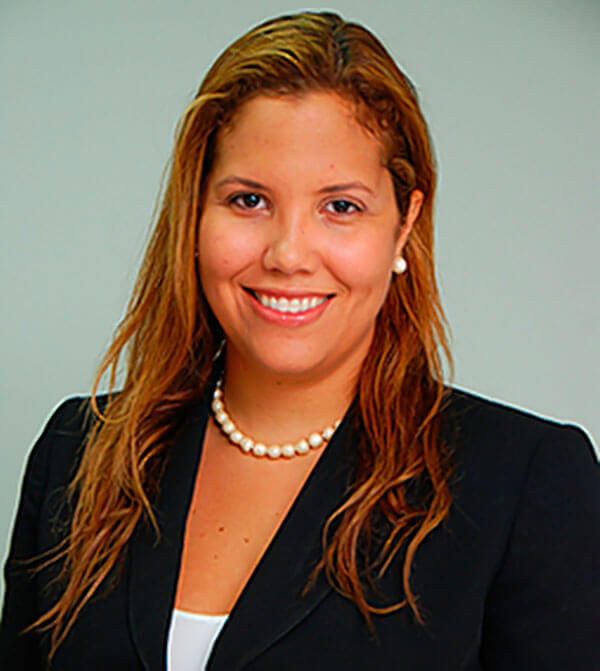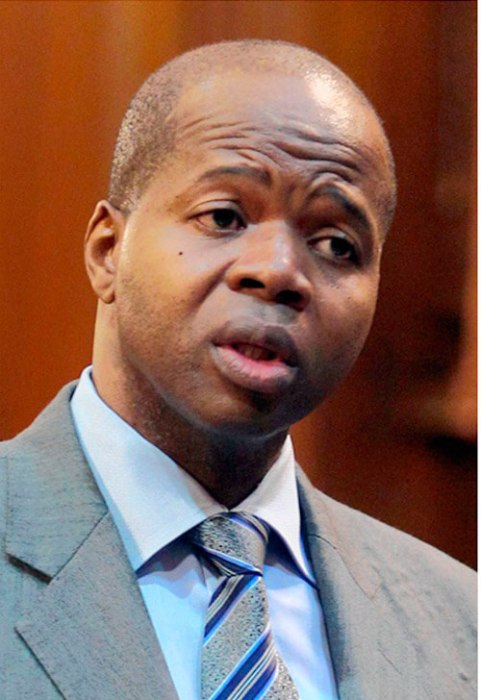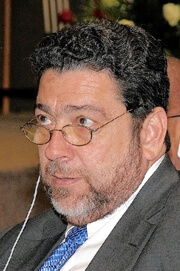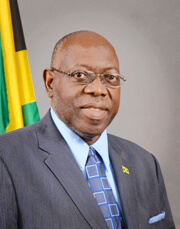On the agenda of Caribbean Community leaders who meet in Guyana in two weeks is the controversial issue of legalizing marijuana for medicinal and personal uses but even as heads prepare for the summit, Jamaica is giving clear signals that it is pushing right ahead and not awaiting on the actions of the wider group.
Its Cannabis Licensing Authority (CLA), the only one in the group of 15 nations, is taking definitive action to ensure the island cashes in on an industry which could transform the country from traditional dependency on bauxite, sugar and tourism, being ever mindful of the windfall cities in the United States have made from regulating weed.
The authority is the principal body established to tightly regulate the sector, monitor and grow its developments and to advise cabinet and parliament about changes where necessary.
In the past week, the top brass of the authority sat down with editors at the Gleaner Newspaper to detail the workings of the authority and what it has in its sights for the sector. Officials have emphasized the need for tight control.
“We do understand that there are a lot of requirements, but we are dealing with an industry that has to be heavily regulated, so you do need a lot of requirements,” said Hyacinth Lightbourne, the chairperson of the authority.
The issue has been on the radar of governments for the past two years with some like Guyana and Trinidad giving early signals that they are not fully ready to give perennial users a free pass until a full study on its implications is completed.
The authority has said that it plans to be very administratively creative with this potentially transformative sector. It is getting ready to establish kiosks or dedicated desks at air and seaports so tourists can buy a temporary license to obtain and sample marijuana for personal use while on the island
Before such a system is implemented, authorities will have to plug any loopholes in existing laws to mitigate abuse or commercialization of weed obtained under the personal usage system.
The body is insisting that for now the drug would be administered only to people with prescriptions and not on an ad hoc basis.
“It would primarily be for people who have a prescription and, in effect, you’re doing it for medicinal purposes with a permit from the Ministry of Health. If they don’t have a prescription, then they can do what we call ‘self-declare’, and this will allow them to have the two ounces while they are here,” said Lightbourne.
The authority says it is favoring this regulated route to ensure the system is properly managed and to avoid abuse and clashes with law enforcement. She also said that it is well known that some tourists come to Jamaica to use island’s world renowned marijuana plant for personal and other uses.
“The thought is that if you are coming out of the airport, there is a kiosk that you can go to. So basically whoever is coming out of immigration can go to that desk and register and get that clearance,” she said.
Jamaica’s parliament has already passed legislation allowing ordinary folks to possess and use no more than two ounces. No other bloc member has dared to even discuss such an idea but law enforcement on the island has not complained about the move.
And further detailing plans for the industry, the authority spelled out the costs and categories of its licensing system ranging from cultivator’s licence to processing, transport, along with retail, and research and development.
A cultivator could pay from US$2,000 for a one acre plot to $3,000 if more than five acres are put under the plough, while those who will process marijuana for sale will fork out a minimum of $3,500 to $10,000. Retailers and therapeutic permits will go for $2,500 each the body said.

























